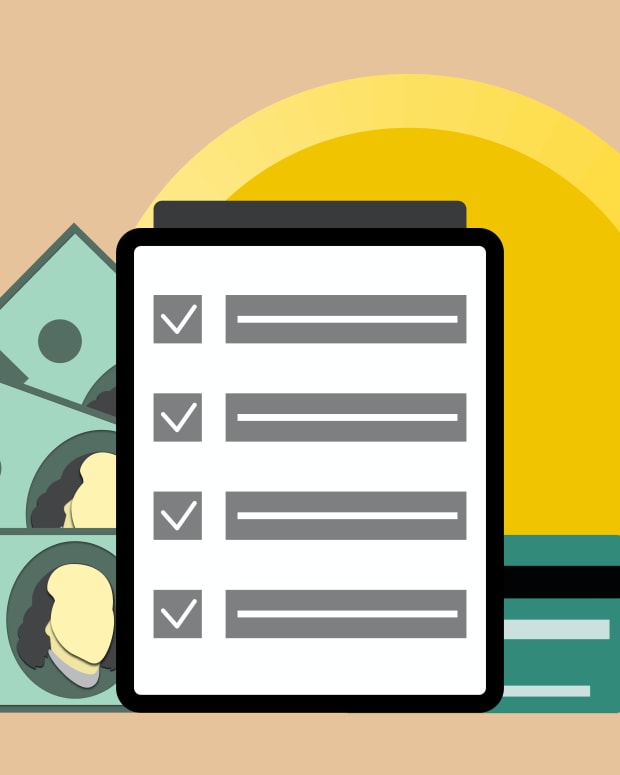Common Retirement Questions: Should I Roll My 401(k) Over into an IRA?
Retirement Daily’s Robert Powell sits down with Dana Anspach from Sensible Money to tackle the 10 most common questions in retirement.
In today’s episode, Anspach discusses another common retirement question: Should I roll my 401(k) over into an IRA?
Anspach says that she likes to discuss this question in terms of pros and cons. One reason to roll over is for those who need to take retirement paychecks out of their 401(k). “The 401(k) plan will often require what are called pro-rata withdrawals… meaning if you have a portfolio of different funds, they're going to require that you sell proportionately out of all of those funds,” she says. With this, Anspach says that most of the time it makes more sense to be more selective about the asset classes you're going to sell to fund your withdrawals for the upcoming year.
She also mentions how it’s a good idea to withhold state or federal income taxes, depending on the type of 401(k) plan, since withdrawals can be taxable. Depending on the size of the provider, they may allow you to withhold either state or federal taxes, but there are some that don’t allow either to be withheld. When it comes to withdrawing from 401(k)s, advisers like Anspach think that it’s better to set up monthly or bi-monthly paychecks. Some 401(k) plans, however, only allow quarterly withdrawals, and while others may allow monthly withdrawals, it’s not likely that you will find a plan that does bi-monthly withdrawals.
Follow us on Instagram and Twitter!
Anspach also notes two important reasons for keeping the 401(k) plan. The first one is for those who may have creditor issues or may be facing bankruptcy. Although each state has their own creditor protection laws, for some states it may be better to leave the 401(k) plan alone.
The second reason has to do with investments and guaranteed income contracts (GICs.) “I have a client who has a 401(k) plan that has a stable value fund in it, and that was yielding significantly more than we could get [in] an equivalent safe, low volatility investment outside the 401(k) plan,” Anspach says. “So we left a significant amount of their balance in that plan to take advantage of that particular investment option.” In addition, GICs are unique options that are sometimes found within large 401(k) plans. So for people who want to explore that option, it may be better to keep that 401(k).
Anspach goes on to say that there are a lot of things to be conscious of when you have a 401(k), which might get complicated if you have multiple accounts. For example, you need to make sure that the beneficiary designations and options for your 401(k) are up to date. Additionally, you are required to take RMDs (required minimum distributions) from your 401(k) plan.
Both may be reasonable if there is just one 401(k) account and that may encourage you to not roll it over, but with multiple accounts, it may be too much. “I think there's a tremendous amount of value in simplicity and that means consolidating things,” Anspach says. “So that is something to think about every time you need to update an address change or a beneficiary change or your bank account change. Do you really want to have to go to five different places to do that?”
All in all, Anspach says again that one size does not fit all and that the decision to roll over the 401(k) into an IRA really depends on a lot of factors in the individual scenario. Stay tuned for the next most common retirement question, where Anspach discusses whether someone can convert IRA assets to a Roth IRA.









